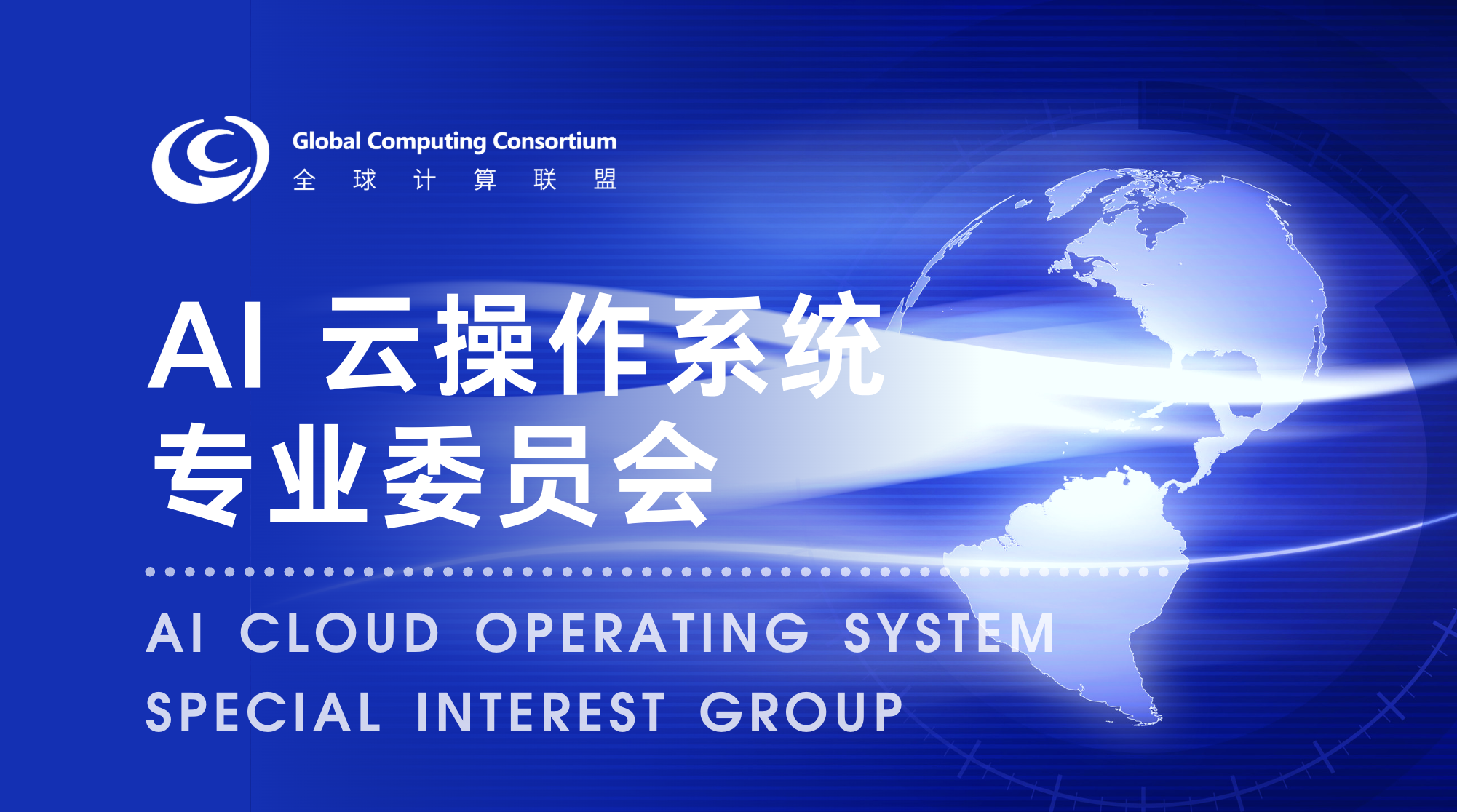

GCC Branches

With the deep integration of artificial intelligence and cloud computing technologies, the demand for efficient and intelligent cloud operating systems has surged dramatically. However, the current field of AI cloud operating systems (AICOS) faces numerous challenges, including complex technical architectures, fragmented resource management, and a disjointed application ecosystem, which severely hinder the sustainable development of the industry. Against this backdrop, the GCC Council has approved the establishment of the AICOS Special Committee, aiming to unite industry stakeholders, leverage the collaborative advantages of the committee and the innovative capabilities of its member organizations. By undertaking key technology research, developing industry standards, and building an ecosystem, the committee seeks to drive technological innovation and industrial upgrading of AICOS, empowering various sectors to achieve digital transformation and high-quality development under the impetus of AI.
1.AICOS Application Platform Layer:
l Integrates with model marketplaces such as SiliconFlow, Hugging Face, and ModelScope to launch the AICOS Model Marketplace and MCP Marketplace.
l Provides capabilities for online model usage, deployment, and fine-tuning.
l Develops intelligent agents based on AICOS, offering features like online generation and Retrieval-Augmented Generation (RAG).
2.AICOS Orchestration and Scheduling Engine:
l Delivers unified orchestration and scheduling capabilities across various compute resources and tasks.
l Enables seamless interoperability of underlying resources without perceivable manual intervention.
3.AICOS Inference and Training Engine:
l Conducts research and implementation focused on inference acceleration and training optimization.
l Leverages orchestration and scheduling capabilities to facilitate distributed inference and training.
4.AICOS Resource Management Engine:
l Concentrates on the management of heterogeneous resources, including resource provisioning, fault detection, and early warning systems.
l Prioritizes research on GPU compilers to deploy large models onto the most suitable heterogeneous compute resources.
l Enhances resource utilization efficiency and model performance by providing cross-domain and cross-entity resource management.